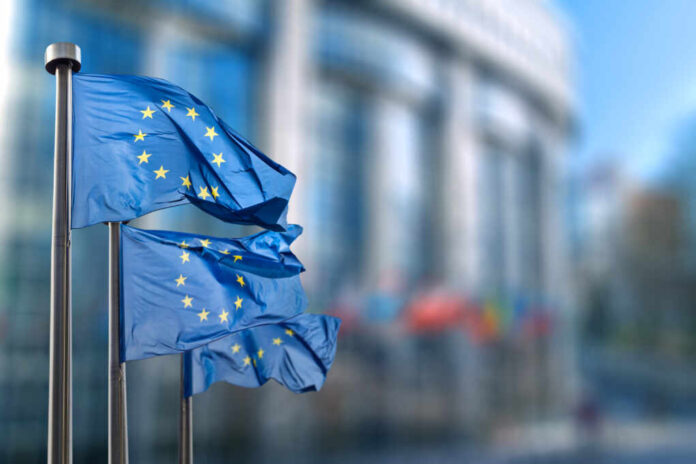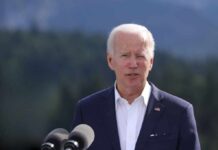
Last week’s election victory in the Netherlands by right-wing politician Geert Wilders has become a signal that populist candidates and parties could see significant gains in the upcoming European Union parliamentary elections. Right-wing parties that are surging across the continent are finding success by focusing on immigration and climate control policies.
Wilders has been described by supporters and critics alike as the “Dutch Donald Trump.” His win marks a remarkable shift in the country’s politics. Wilders responded to the win with an exuberant “35!,” representing the number of seats the Party for Freedom took in the lower house of the Dutch Parliament, which comprises 150 seats in total.
A group of political parties from around a dozen EU member nations met in Florence on Sunday to discuss strategies for the approaching elections. The conference was led by Italian Deputy Prime Minister Matteo Salvini, who said of the meeting: “Our objective is for us to become at least the third-largest group in the EU parliament, after the centre-right and the socialists, and to be decisive.”
The next Prime Minister of the Netherlands, Geert Wilder, has a message for Turkey and it's hope for joining the European Union.
— Wall Street Silver (@WallStreetSilv) November 28, 2023
Immigration appears to be the most critical issue for right-wing voters in EU member nations, as many countries are finding there are significant downsides to a mass influx of migrants from very different cultures from their own. The president of France’s National Rally party said recently that “Europe cannot become a ‘5-star hostel for Africa.'”
The political right in Europe is not completely unified on all issues. Fiscal policy and international relations are areas where diverging opinions could lead to weakened unity in the face of Europe’s traditionally powerful progressive leftist parties.
In particular, the ongoing war in Ukraine is leading to conflict within the right. While some support providing continuing aid to Ukraine as it defends against the ongoing Russian invasion, many on the right propose a more non-interventionist approach. Tino Chrupalla, co-leader of Alternative for Germany (AfD), recently expressed that sentiment: “Ukraine cannot win this war, they should stop it.”
Wilders’s rise in the Netherlands could indicate a rising tide of populism in Europe. Long a political outsider, he took a more populist approach in the last election cycle to broaden his appeal among ordinary citizens feeling the brunt of big government policies. He has taken a highly practical approach of focusing on “kitchen table” issues like shortages in housing and healthcare that have resulted from overreaching government interference in the marketplace.
Wilders’s victory last week and the active collaboration of right-wing parties to be more competitive in the upcoming EU elections could mark a significant shift in European politics.















